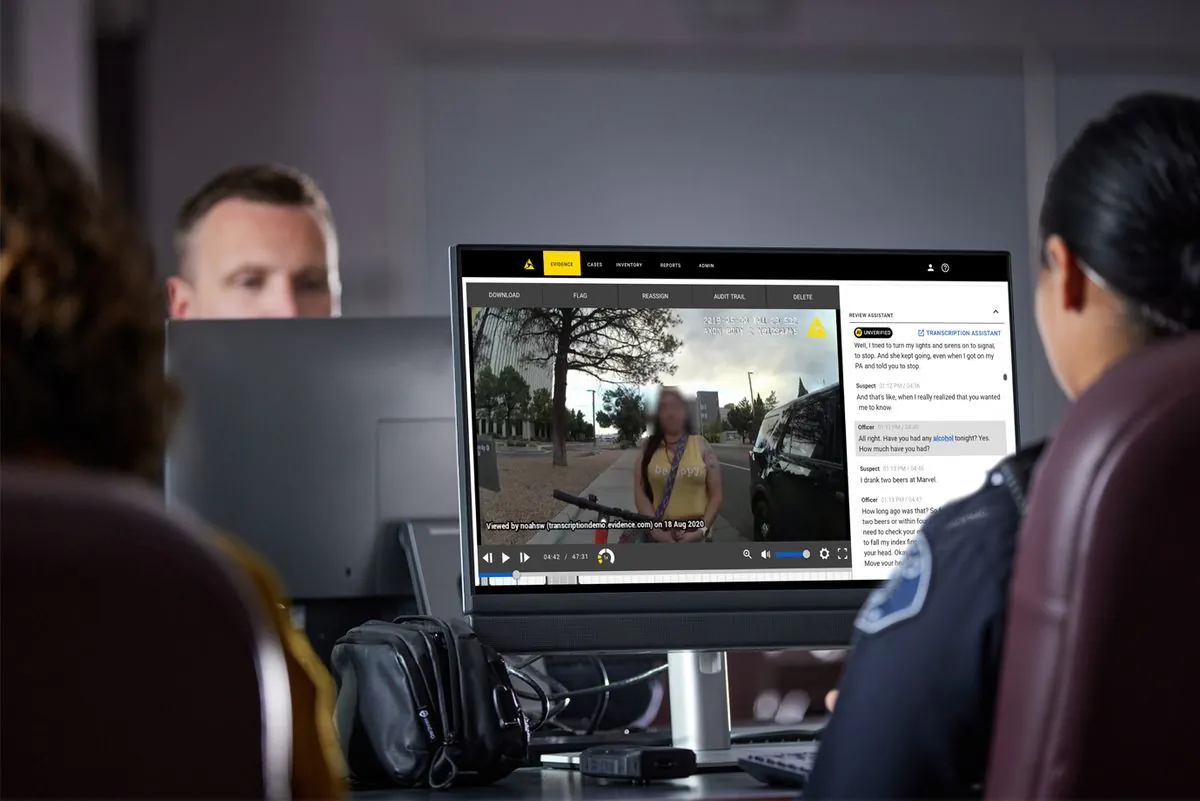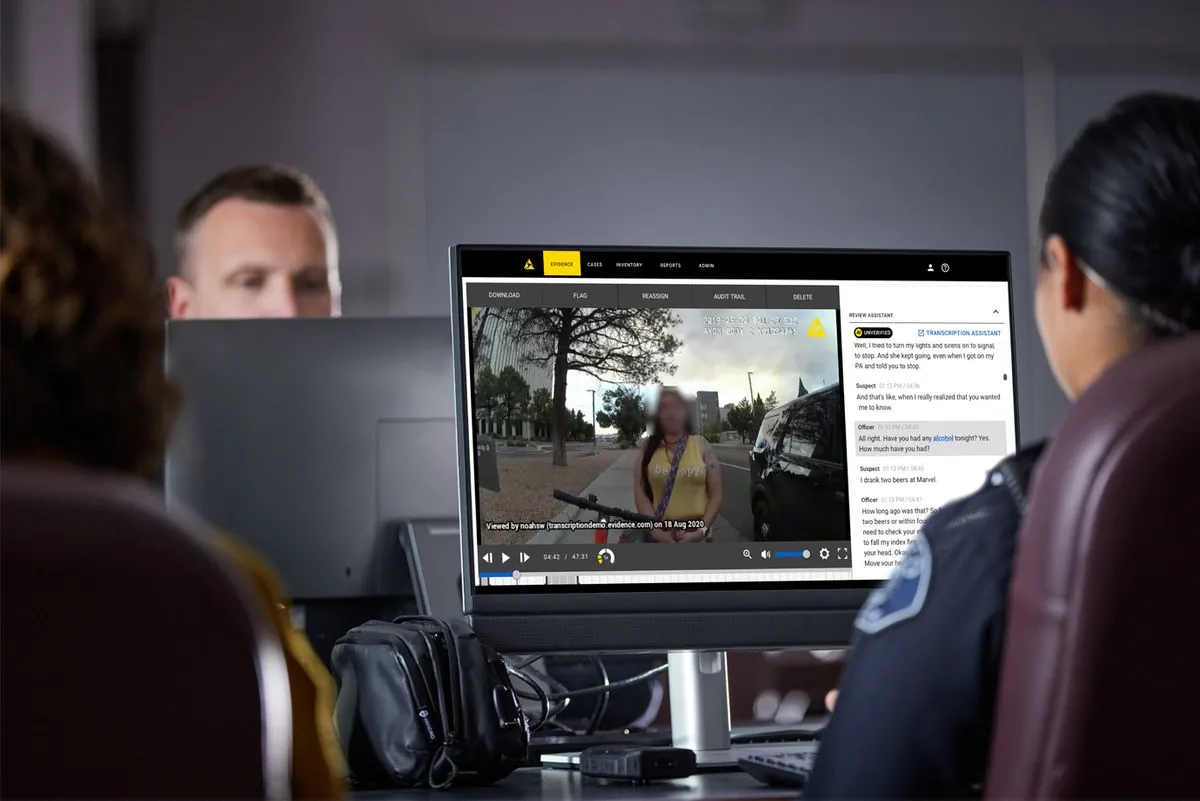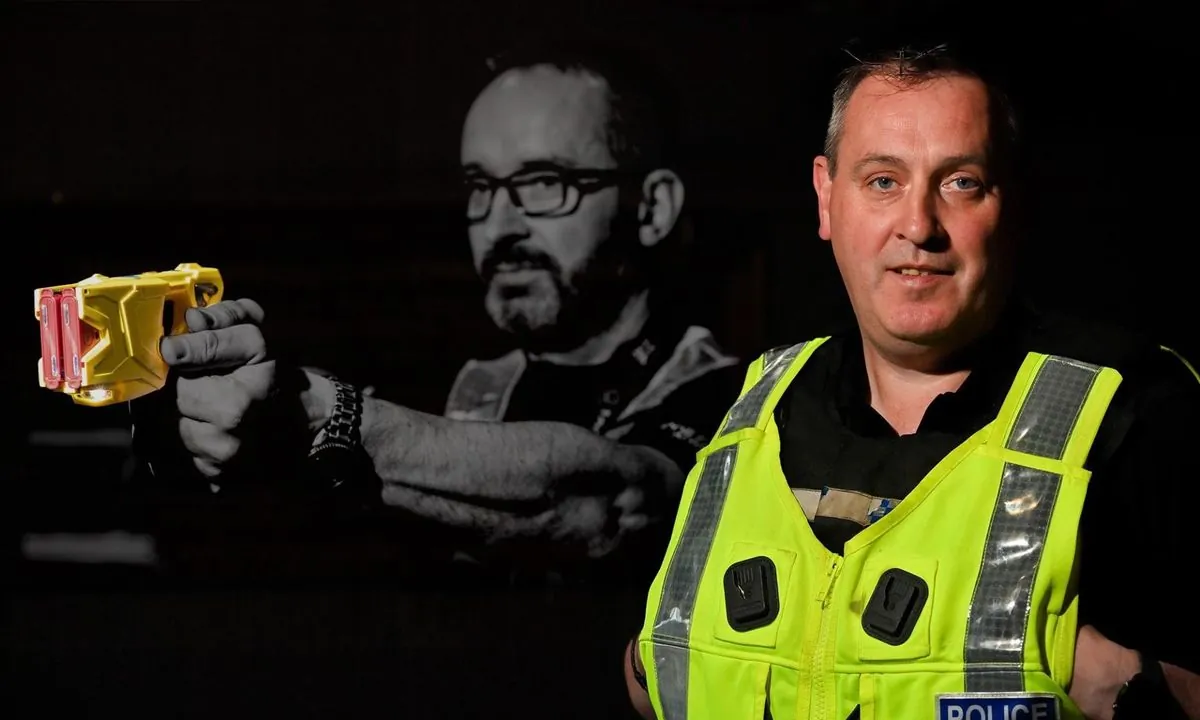AI Breakthrough: UK Police Tackle Cold Cases with Advanced Technology
UK police adopt Australian AI to solve cold cases, reviewing 27 complex cases in 30 hours. The technology promises to revolutionize crime-solving, but raises questions about widespread adoption and public trust.

In a significant development for law enforcement, Gavin Stephens, chair of the National Police Chiefs' Council, has revealed that artificial intelligence (AI) technology is being employed to tackle some of Britain's most notorious unsolved crimes. This innovative approach, originating from Australia, is now being utilized to examine cold cases in the UK, offering new hope for breakthrough discoveries.
The Soze system, currently under trial by Avon and Somerset police, has demonstrated remarkable efficiency in reviewing complex cases. In a mere 30 hours, the AI completed a review of evidential material from 27 intricate cases – a task estimated to require 81 years if done manually. This extraordinary feat highlights the potential of AI to revolutionize criminal investigations.
AI's capacity to process and analyze data 1000 times faster than humans makes it an invaluable tool for law enforcement. The technology can identify subtle patterns and connections that might elude human investigators, potentially leading to the resolution of cases that have remained unsolved for decades. In fact, the oldest cold case solved using DNA evidence dates back to 1957, finally resolved in 2012 with the help of advanced technology.
Stephens emphasized the potential benefits of AI in policing, particularly for cold case reviews. He stated, "I can imagine from my experience this sort of thing being hugely useful for cold case reviews. You may have a cold case that looks impossible because of the amount of material there and if there is a system like this that can just ingest it and give you an assessment of it then I can see that being really helpful."

The UK has over 1,000 unsolved murders dating back to the 1960s, presenting a significant challenge for law enforcement. AI's ability to process vast amounts of data quickly and objectively could be instrumental in addressing this backlog. Moreover, AI can help reduce bias in investigations by providing impartial analysis, a crucial factor in ensuring justice.
Other police forces in the UK are also exploring AI applications to enhance their operations. West Midlands Police have introduced an AI system to support staff handling non-emergency calls, freeing up resources for more serious matters. Interestingly, this system is designed to detect subtle vocal cues that might indicate vulnerability, such as in cases of domestic abuse.
AI's potential extends beyond cold case reviews and call handling. It can analyze CCTV footage 100 times faster than human analysts, predict crime hotspots with up to 90% accuracy in some cases, and process over 20 million pieces of intelligence annually for UK police. These capabilities have already led to significant breakthroughs, with AI being used to solve cases that were cold for over 50 years.
However, the integration of AI in policing also raises important questions about privacy and civil liberties. Stephens acknowledged these concerns, stating, "We want to make the best of technology in order to help us bring criminals to justice and give a better service to victims but we are also acutely aware that there can be a fear or concern about some of the technologies we adopt."
As UK law enforcement continues to explore the potential of AI, the focus remains on balancing technological advancement with public trust and ethical considerations. The successful implementation of these systems could mark a new era in crime-solving, offering hope for resolution to long-standing cold cases and enhancing the overall effectiveness of policing in the digital age.


































